Through the March 20–21 fundraising event, the institute raised $30,550 toward cancer equity, local health equity, and global health equity.
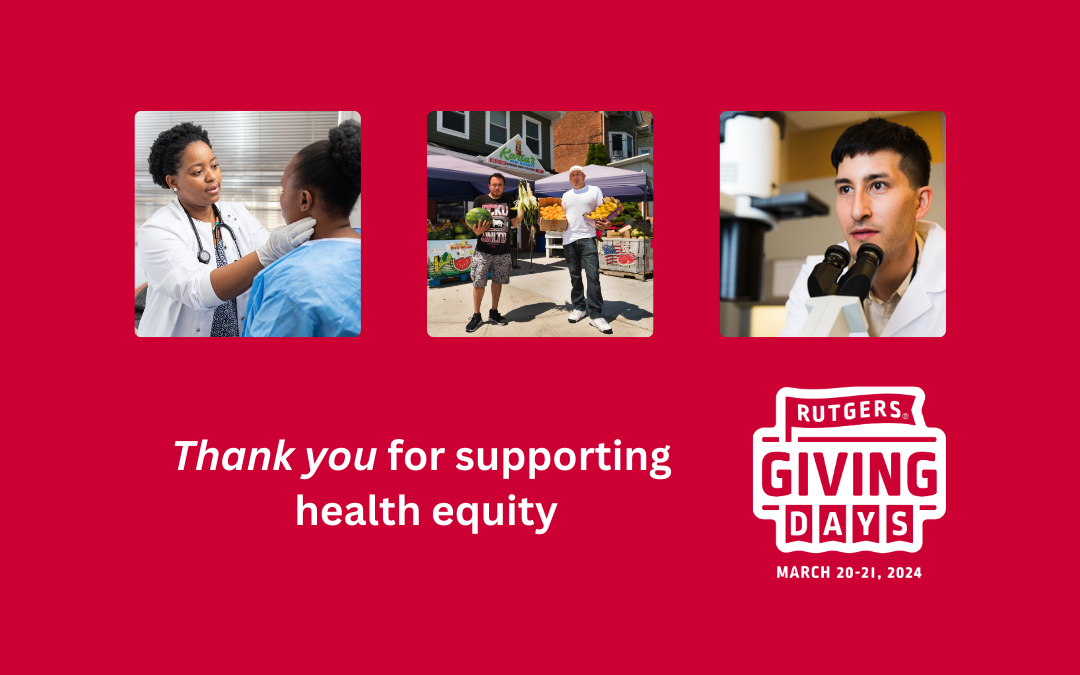

Through the March 20–21 fundraising event, the institute raised $30,550 toward cancer equity, local health equity, and global health equity.
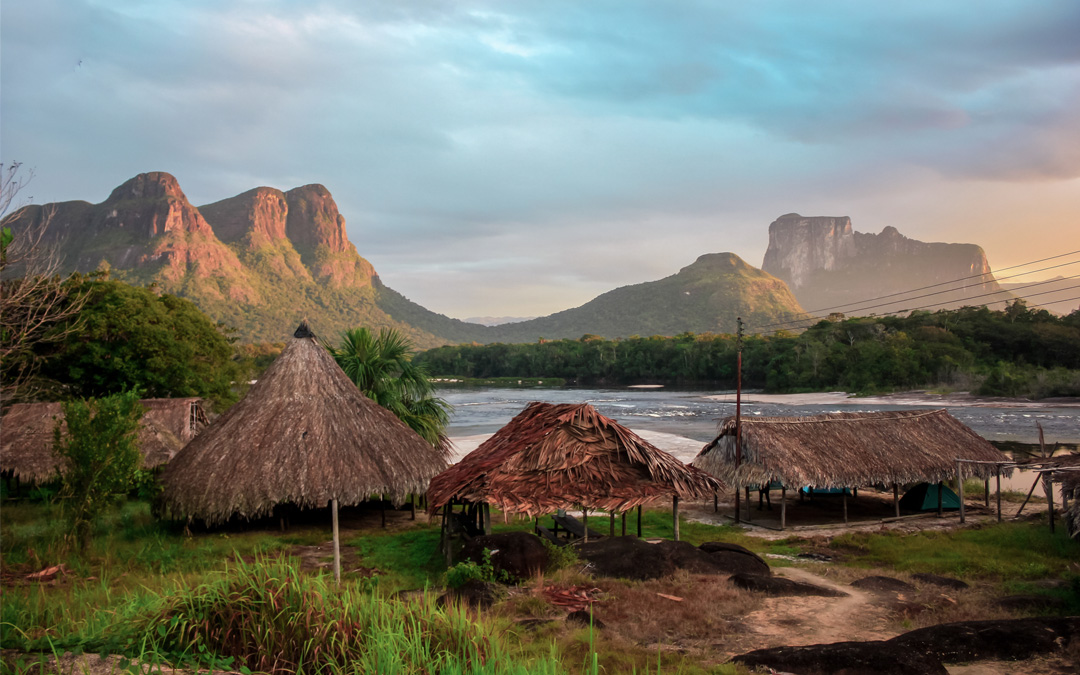
Funded by Global Health Seed Grants, five faculty-led efforts will address disparities in cardiovascular health, tuberculosis, impacts of climate change on noncommunicable diseases, vaccination coverage, and cervical cancer.
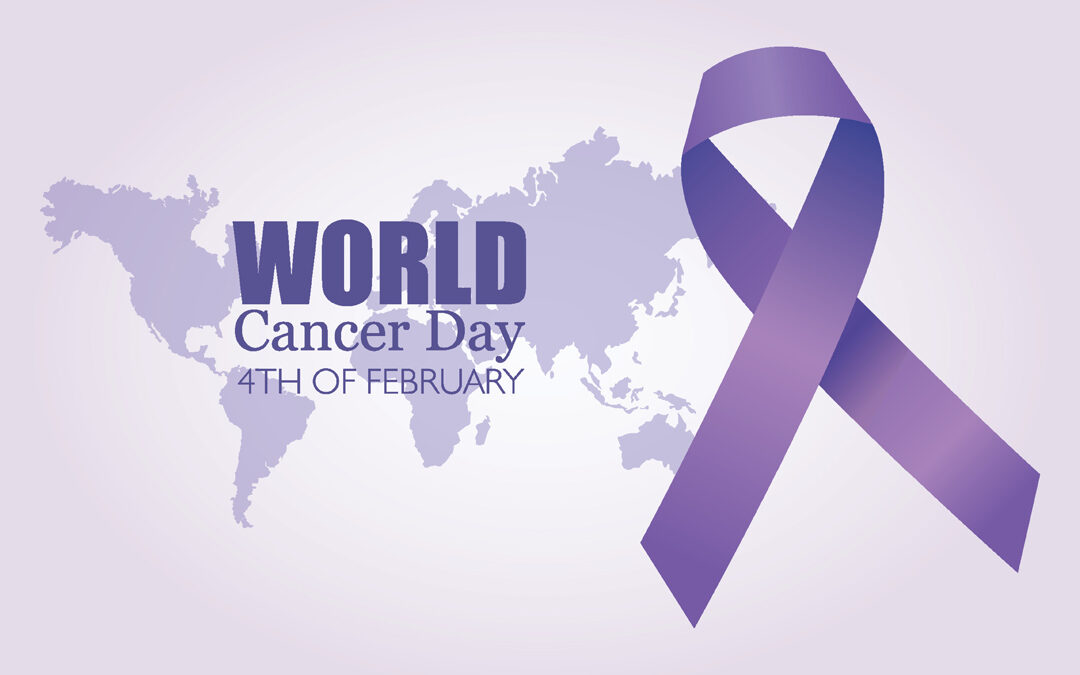
World Cancer Day is February 4. Richard Marlink, director of Rutgers Global Health Institute, discusses what we can do about the crisis of cancer in sub-Saharan Africa.
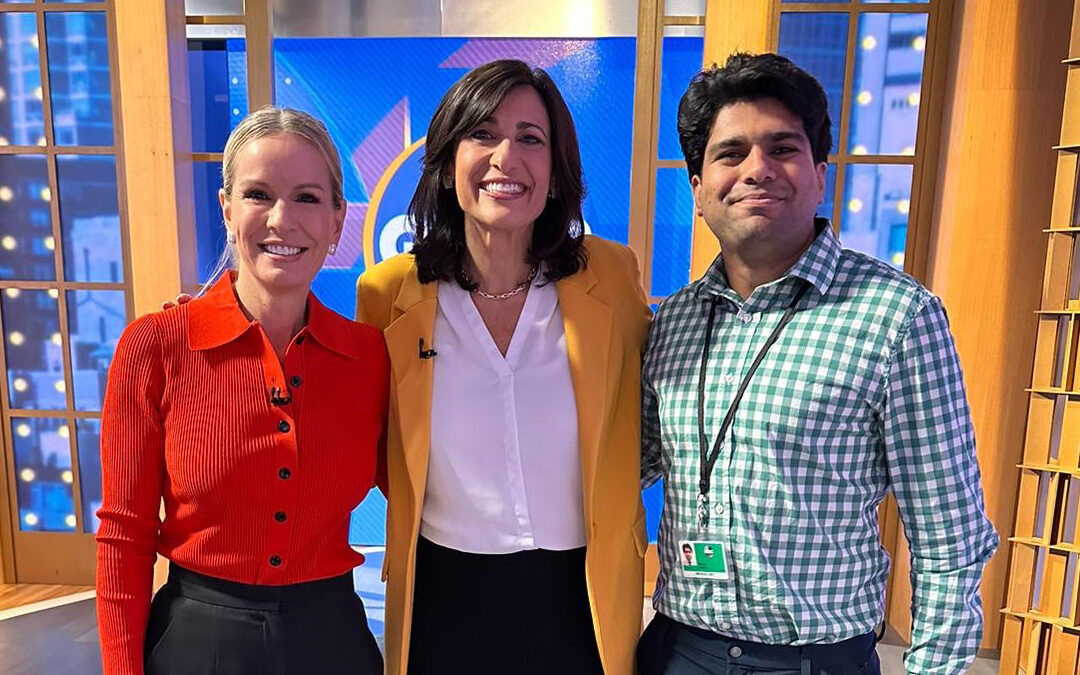
Faheem Farooq recently finished a three-year fellowship in hematology and oncology at Rutgers that included a one-month rotation in the ABC News Medical Unit and substantial involvement with the Botswana-Rutgers Partnership for Health.
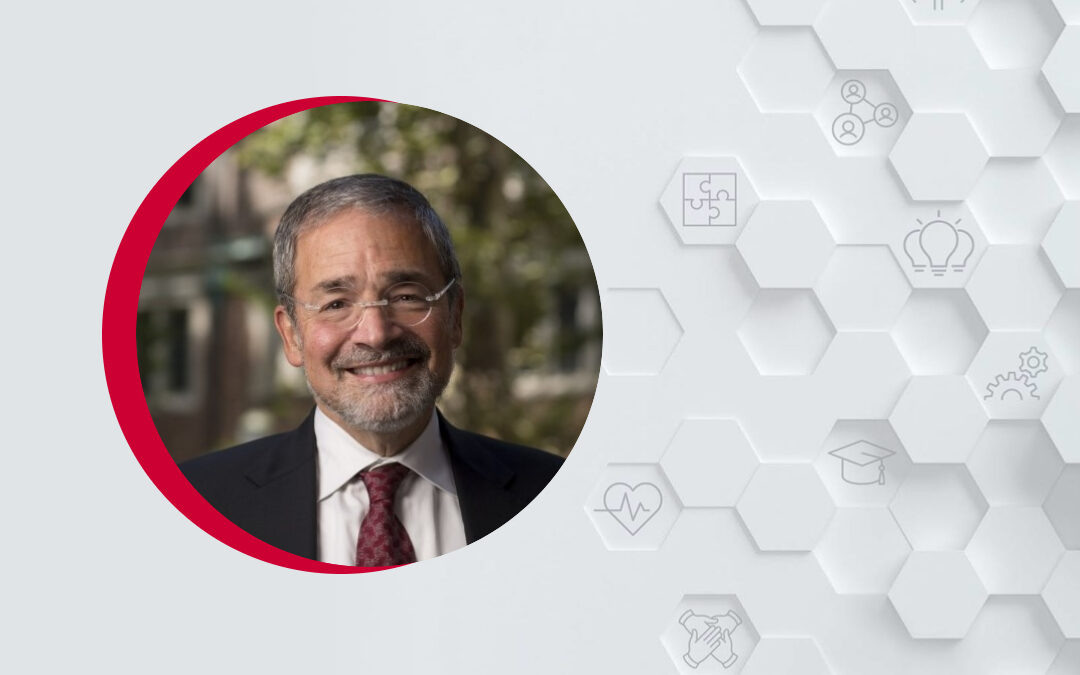
In an opinion piece published by The Star-Ledger, Chancellor Brian Strom, who also is a core faculty member of Rutgers Global Health Institute, writes about the 10-year anniversary of Rutgers Biomedical and Health Sciences’ integration with the university.
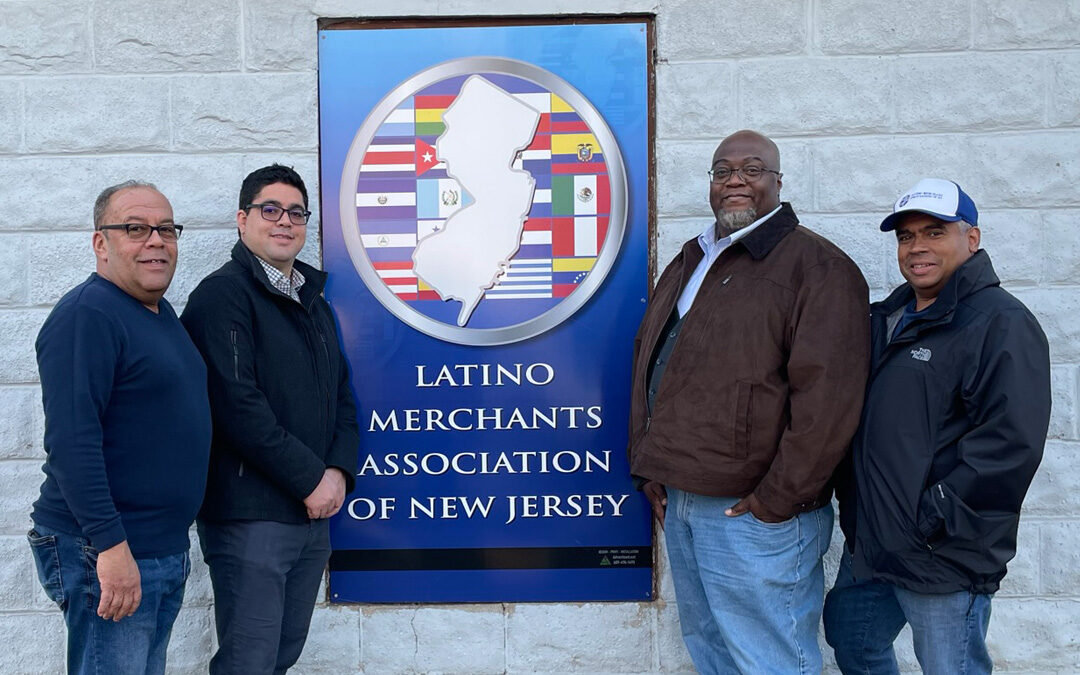
Recent educational events have featured presentations on supply chain resilience, digital communications, and financial goal setting. Helping small businesses is a way to address social determinants of health and help low-income and minority communities thrive.
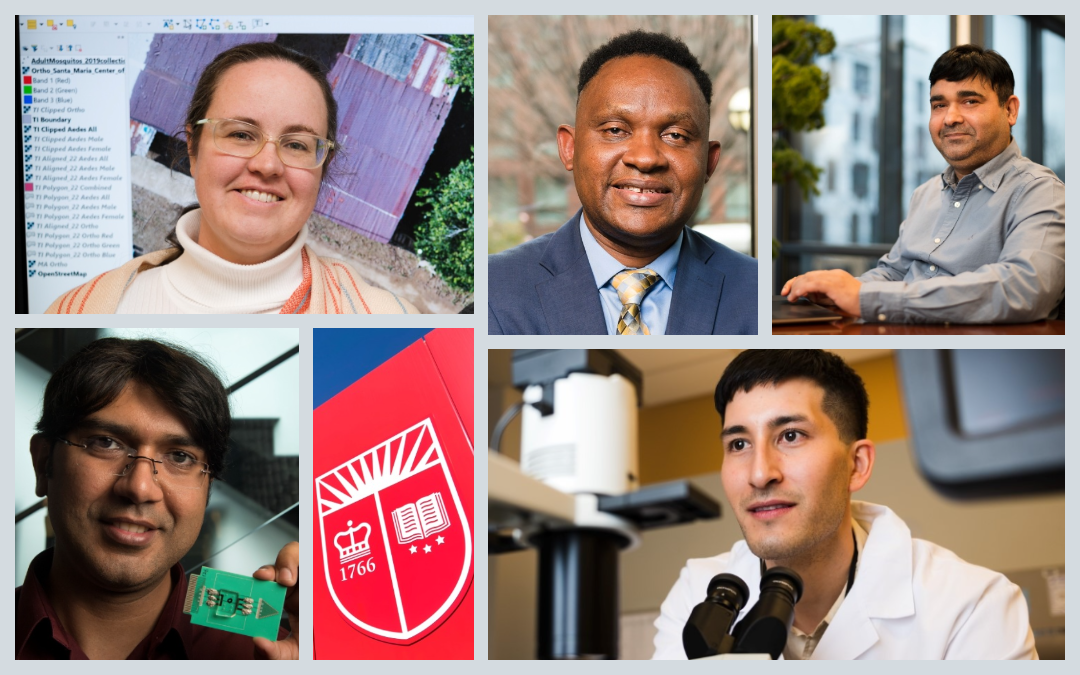
The principal faculty of Rutgers Global Health Institute are innovators. They’re confronting diverse global health challenges – the critical issues that affect everyone, and the complex problems that are especially detrimental to the most vulnerable among us.
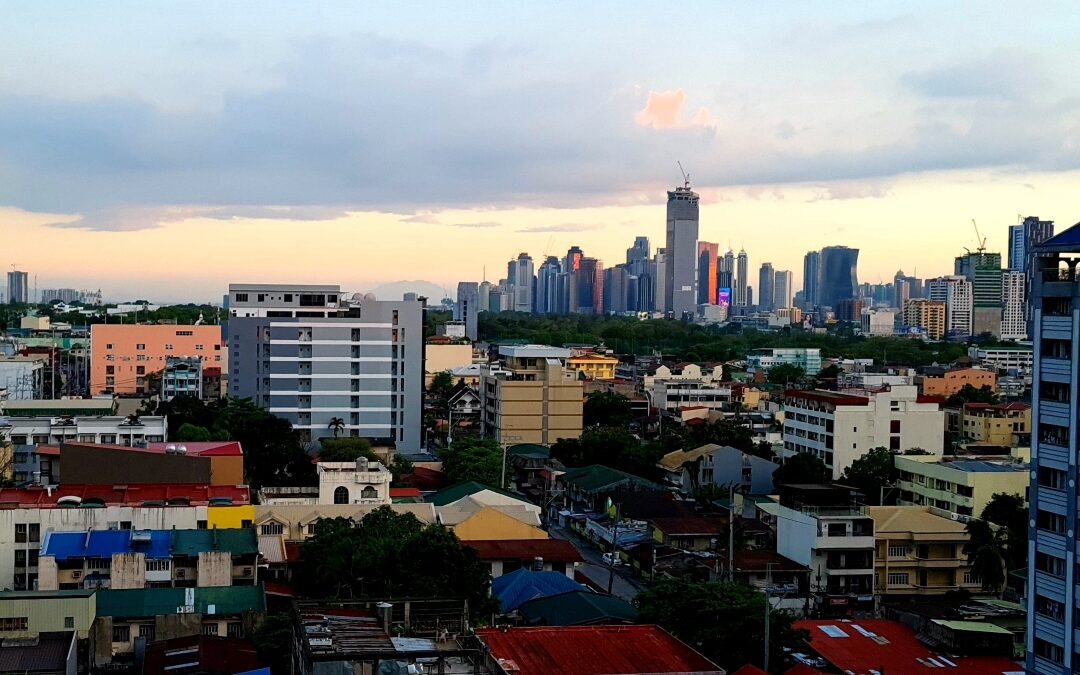
Funded by Global Health Seed Grants, five faculty-led efforts will address disparities related to adolescent pregnancy and sexual health information, immigrant health care access, tuberculosis disease prevention, health communication training, and dementia among indigenous older adults.
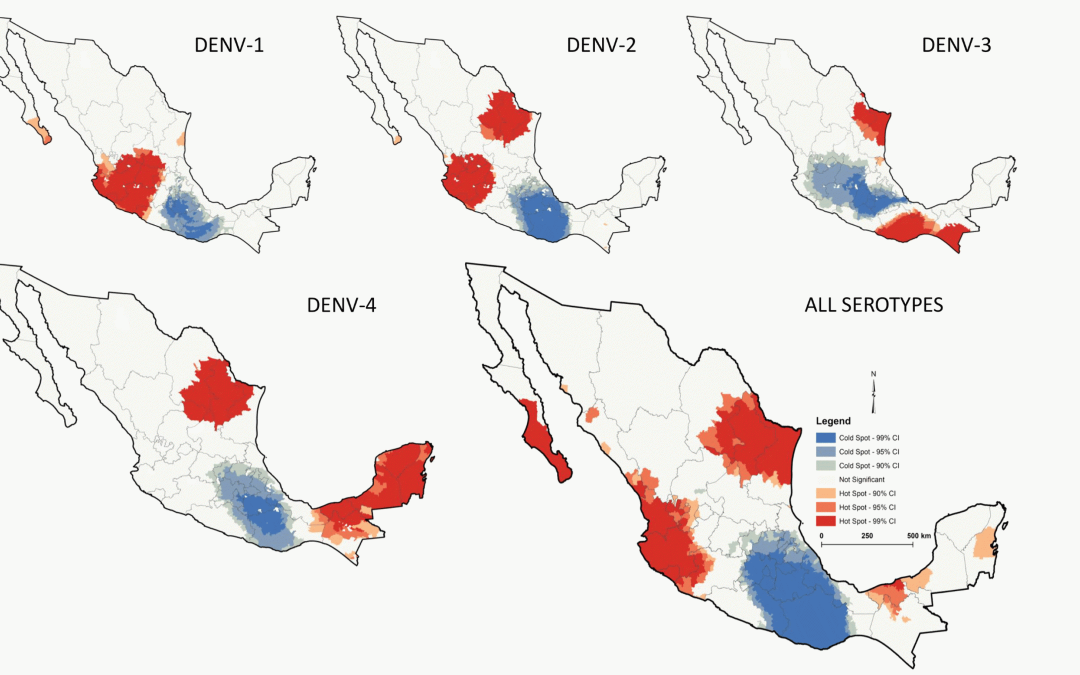
Rutgers researcher Ubydul Haque co-creates a tool to help identify outbreaks and prioritize virus control efforts. Haque is a principal faculty member of Rutgers Global Health Institute.
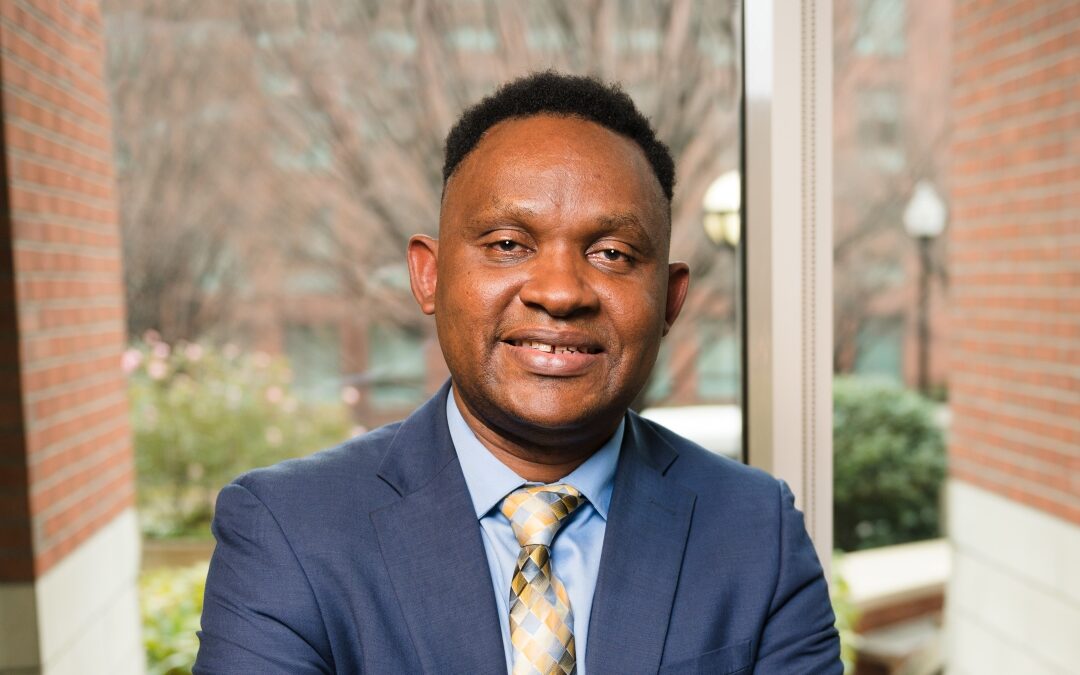
Wilfred Ngwa develops technologies that integrate with radiation therapy to improve cancer treatment. He also chairs the Lancet Oncology commission on cancer in sub-Saharan Africa and advises the Biden Administration. He will be a professor of global health and radiation oncology.